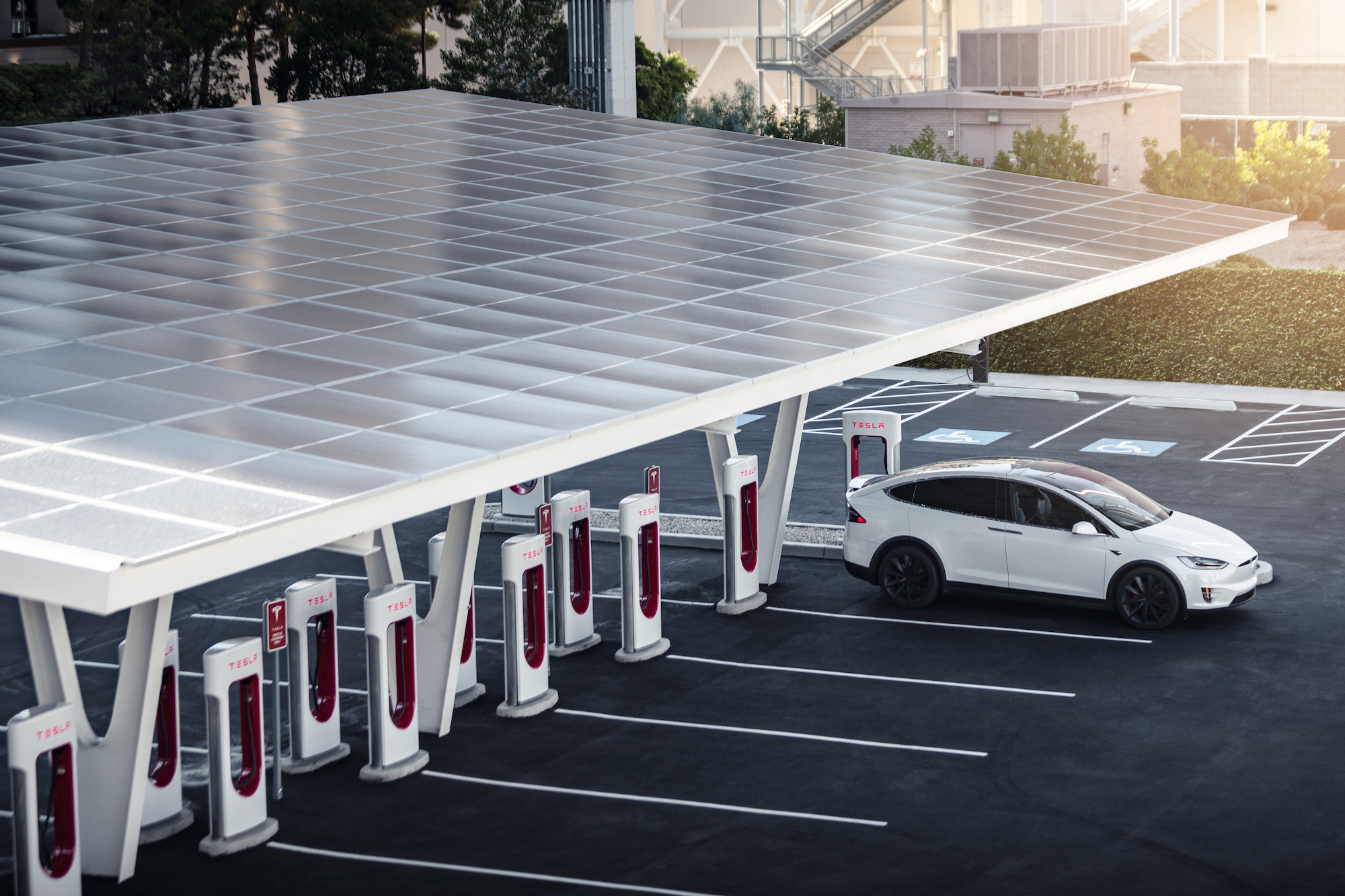

Ford and Tesla have been rivals for years in the electric vehicle market, but a new agreement may change their relationship status. On Thursday, Ford said in a press release that its EV customers would be able to get access to 12,000 Tesla superchargers across the US and Canada by spring of next year. This will broaden the availability of charging stations by adding to the network of 10,000 DC fast-chargers and over 80,000 level-two chargers that Ford has been building out for the last decade.
Most EVs on the market use the Combined Charging System (CCS) ports for fast charging. Teslas have a unique charging port called the North American Charging Standard (NACS), but its vehicle owners can use special adapters to charge at non-Tesla power stations.
Pre-2021, it meant that Teslas could charge at public power stations, but no other EVs could charge at a Tesla station. However, starting in November 2021, Tesla started making some (but not all) of its superchargers open to non-Tesla EVs through a “Magic Dock” adapter. Drivers who wanted to use this still had to download the Tesla app on their phones in order to make it work. The Ford partnership will change that process, making things easier for people driving vehicles like the Mach-E or F-150 Lightning.
“Mustang Mach-E, F-150 Lightning and E-Transit customers will be able to access the Superchargers via an adapter and software integration along with activation and payment via FordPass or Ford Pro Intelligence,” the company said. “In 2025, Ford will offer next-generation electric vehicles with the North American Charging Standard (NACS) connector built-in, eliminating the need for an adapter to access Tesla Superchargers.”
[Related: Electric cars are better for the environment, no matter the power source]
As EVs become more commonplace, charging availability and range anxiety become understandable concerns for many owners. The only way to relieve that is to build a charging infrastructure that parallels the distribution of gas stations across the country. The Biden Administration has made building public chargers a priority, and last fall, the Department of Transportation said that it had signed off on the EV charging plans for all US states, as well as DC and Puerto Rico. States like Michigan and Indiana have even come up with ambitious plans to make wireless charging possible through special roadway systems.
When it comes to smoothing over the potholes in the way of EV adoption in the US, more accessible chargers are never a bad thing. Tesla, having led the EV game for so long, seems like it’s finally ready to share its resources for the greater good. “Essentially, the idea is that we don’t want the Tesla Supercharger network to be like a walled garden. We want it to be something that is supportive of electrification and sustainable transport in general,” Tesla CEO Elon Musk said Thursday in Twitter Spaces, as reported by TechCrunch.
“It seems totally ridiculous that we have an infrastructure problem, and we can’t even agree on what plug to use,” Ford CEO Jim Farley said at a Morgan Stanley conference, CNBC reported. “I think the first step is to work together in a way we haven’t, probably with the new EV brands and the traditional auto companies.”
